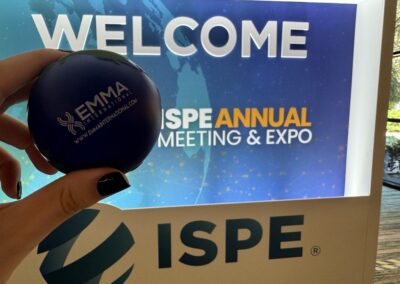All things must inevitably come to an end, including a medical device recall. Whether voluntary or FDA mandated, all recalls will eventually reach an endpoint. Reaching that endpoint is the real challenge for most manufacturers of medical devices. A recall is not as simple as having the affected products returned and calling it a day. A lot of effort must be put into the recall and correcting the issue that caused it in the first place. Even correcting the issue is not enough to end the recall, the FDA will need assurance that whatever correction was made has been effective and will continue to be in the future.
This assurance will come in the form of effectiveness checks. The FDA states “The purpose of effectiveness checks is to verify that all consignees (at the recall depth specified by the strategy) have received notification about the recall and have taken appropriate action.”[1] It is up to the manufacturer to determine what exactly the effectiveness check will end up being. It could be as simple as ensuring all the affected product was returned or it could be something far more complex. The complexity of the check is up to the manufacturer, but the check must be sufficient enough to satisfy the FDA otherwise it will not be accepted, and the manufacturer will have to find a new method.
The number of consignees that will need to be contacted as part of the effectiveness check is something that will be determined as part of the overall recall strategy. The recall strategy may state that anything from no effectiveness check is needed all the way to 100% consignees must be contacted as part of the effectiveness check.[1] Regardless of how many consignees were contacted or what the effectiveness check enacted was the results of the check are what will ultimately be reported.
Once the effectiveness checks are completed and it has been determined that the issue is unlikely to reoccur, the recall will finally come to end. It will either be terminated by the FDA, or the manufacturer may request the termination of the recall citing the effectiveness checks as objective evidence for why it should be.[1] The time frame to reach this point may be long but does not have to be difficult. EMMA International can help navigate the complexities of a recall and ensure that appropriate effectiveness checks are put into place. From start to finish EMMA International can help. EMMA International provides Full Circle Consulting services, give us a call at 248-987-4497 or email info@emmainternational.com to get in touch with our team of experts today.
[1] FDA (September 2020) Recalls, Corrections and Removals (Devices), Retrieved 01/28/2022 from https://www.fda.gov/medical-devices/postmarket-requirements-devices/recalls-corrections-and-removals-devices





